More spring cleaning campaigns can help Bulawayo regain its glory
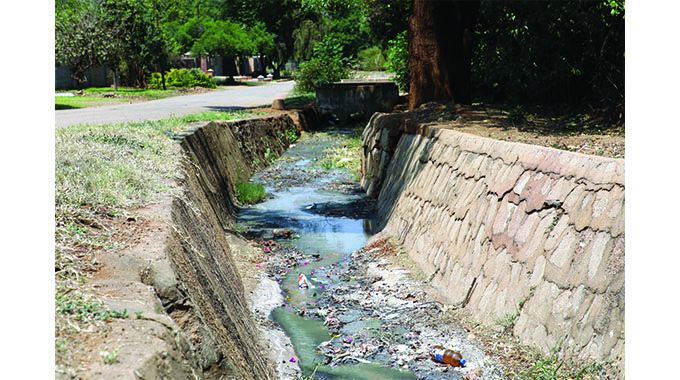
Yvonne Ncube, Features Correspondent
The streets of Bulawayo were once attractive. The pavements were clean and the fresh breeze that sifted through the alleys was something to behold.
Residents took pride in having their pictures of memorable occasions including weddings, birthdays, graduation days and anniversaries at the glorious Centenary Park.
The park had plush green lawns, beautiful blossoming flowers and the magnificent water fountain made the experience all the more soothing.
Couples would have picnics on the lawns and enjoy the serenity of the park.
The park has, however, become an eyesore; it remains unmaintained and homeless people have found a home there.
Residential areas also had parks like the one in Pelandaba, which still holds memories of its beauty of yesteryear through the tall baobab trees which provide good shade on hot days.
Street lights made moving around at night less daunting. One could go on and on about the beauty of Bulawayo.
The city was once ranked one of the cleanest in the Sadc region, and the best run in the country.
Nowadays, littering in the central business district is a common sight; sanitary lanes reek of human waste.
Burst sewers are the order of the day. Young children are often found playing around raw effluent.
Uncollected garbage grows into mountains of waste and pose a serious health hazard especially at the Fifth Avenue markets.

A blocked sewage pit along Troutbeck Road in Greenhill surburb in Bulawayo
The city has over the years lost its lustre of yesteryear with calls from residents for more to be done to return it to its former glory.
During a spring cleaning exercise in the city recently, Bulawayo Provincial Affairs and Devolution Minister Judith Ncube said she was now afraid to refer to Bulawayo as “Bulawayo omuhle”.
“I usually greet residents saying ‘Linjani Bulawayo omuhle’, but I don’t think I can repeat that statement today. We have to self-introspect as a city and as we were cleaning today, we discovered that people are urinating in empty containers and then throw them in open spaces. This is an embarrassment to the city and I’m therefore urging our city fathers to educate residents. We’ll also engage some of the elders to assist in that regard,” said Minister Ncube.
She said Bulawayo should reclaim its past glory of being the cleanest city in the country.
“To the general populace of the city, we’re saying we should properly dispose of litter. We always want to be rated highly when it comes to cleanliness. Vending is not a problem as it is a source of livelihood, but it shouldn’t be done haphazardly,” said Minister Ncube.

A stream of sewage waste flows outside homes along Troutbeck Road in Greenhill surburb in Bulawayo
Residents also lamented the state of the city saying the filth had become too much.
Mr Lwandile Vuma said Bulawayo had lost its glory as the cleanest city in Sadc.
“If Sadc were to do another survey, this time around we definitely won’t be found even in the top ten list. Our city is dirty and residents have naturalised that. Sometimes residents throw litter on purpose because they know nothing will be done to them.
And most times the BCC (Bulawayo City Council) doesn’t collect garbage which results in residents dumping litter at designated areas.
“Both the BCC and residents have a role to play in keeping the city clean. BCC should account for its duties and residents should be responsible and throw litter where it’s supposed to be thrown. Residents should also assist in the cleaning up of the city. If more of these spring cleaning exercises, especially in the CBD, are done, Bulawayo can be clean again,” said Mr Vuma.
Another resident, Mrs Doreen Mlauzi said the BCC should stiffen penalties for those found littering.
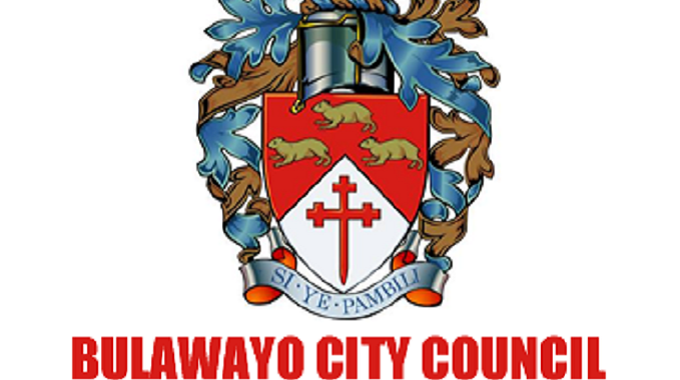
“Maintaining the city should start from residents because the city is our pride. When they talk of Bulawayo, they’re referring to us. We are Bulawayo. However, residents also need supervision from their elected council because if the council is incompetent, nothing positive will come up. Spring cleaning should be done on a monthly basis and residents should be invited to assist, that way we can record a great achievement at year end. BCC should stiffen penalties for those found littering, whether in residential areas or in the CBD,” Mrs Mlauzi said.
Bulawayo Progressive Residents Association chairman Mr Thembelani Dube concurred that the city is on a downward trajectory in terms of cleanliness.
“Considering the latest scenarios in the city, I think we’re sliding downwards in terms of maintaining the city. I think this is mostly caused by urbanisation; more people are moving from the rural areas to urban areas and as a result, we have more people and these are the expected results of overcrowding. This is also a result of having an increased number of vendors. It becomes difficult to monitor where and when they throw their litter.
“The system is failing to manage the city. We see rubbish dumps in every street of the city, and uncollected garbage in residential areas. This is something we didn’t experience in the past. This lack of management has resulted in complacency among residents. You see a person throwing litter anywhere and they don’t care because they go unpunished,” he said.
Mr Dube said BCC needs to educate residents on environmental issues.
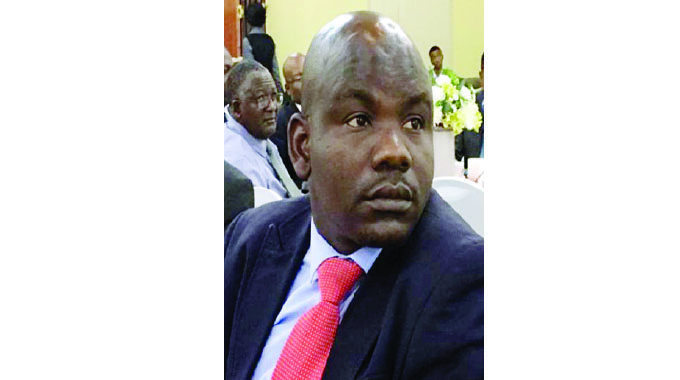
Mr Thembelani Dube
“People need to be educated on environmental issues because all this derives from attitudes. If people are equipped with the knowledge, they can draw a line between right and wrong. I would also like to urge BCC to collect refuse at least every week and to have more garbage trucks that can accommodate the whole city.
“Also, if they revive complexes in residential areas, we can address issues of decentralisation. The city should also make use of recycled water to revive parks. The same water that we use to flash toilets can be used to revive parks. Parks contribute to the beauty of the city,” said Mr Dube.
He suggested that more people be employed to collect garbage.
“When doing these spring cleaning exercises, the council should increase the workforce so that the effectiveness is also increased. The council should also employ the people who go around collecting litter for themselves and not rely on councillors because councillors are politicians. They’ll employ people who they want and at the end of the day they won’t deliver results,” said Mr Dube.
BCC Corporate Communications Manager Mrs Nesisa Mpofu said the city has increased the collection frequency in the CBD and strengthened solid waste education and awareness activities.
“The Big Spring Cleaning week was born out of concern over the state of cleanliness in the city, particularly the Central Business District. It was meant to address challenges of litter and lack of cleanliness in the city. The City of Bulawayo has increased the collection frequency in the CBD and strengthened solid waste education and awareness activities as well as partnered with city stakeholders towards keeping the city clean.
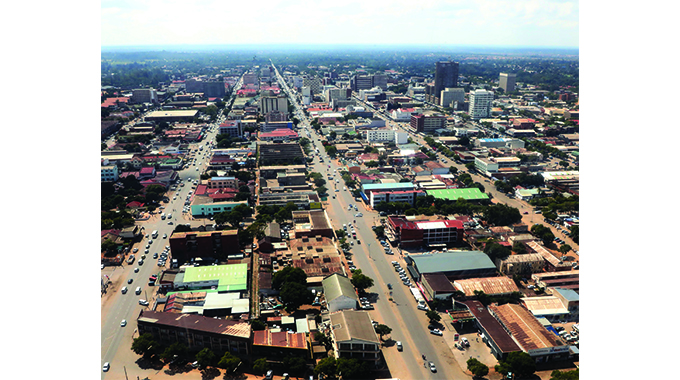
An aerial view of Bulawayo Central Business district
“We anticipate that should we attend to litter and dump challenges, there may be no need for more spring cleaning campaigns in 2022 and also if we all work together to uphold cleanliness. We’ll continue holding small clean-up campaigns occasionally and participating in the monthly Presidential clean-up campaigns as a reminder to all of the need to continually keep the city clean,” she said.
Mrs Mpofu said the next spring cleaning exercise will be held in September next year.
“The next Big Spring Clean-up Week is planned for September 11 to 15, 2023 as a reminder of the need to work together in keeping the city clean. However, should the city’s cleanliness deteriorate again, there will be no hesitation in conducting more campaigns before then,” said Mrs Mpofu.
She highlighted that the number of refuse vehicles to cover the city is inadequate.
“This is due to the harsh economic situation that has a debilitating effect on councils’ ability to procure refuse vehicles to replace the ageing fleet.”
Mrs Mpofu said the spring cleaning week has ignited hope in residents that the city can be clean again.
“The Big Spring Cleaning Week re-ignited the self-belief in residents of Bulawayo that the city can once again regain its glory as the cleanest city in our lifetime. If we can all do our part, a clean Bulawayo is possible. It should be noted that litter doesn’t just occur, it is people who litter. It therefore requires residents of this city to resist littering and say no to a dirty city. With that, nothing can hinder us from regaining our glory as the cleanest city.
“The next phase of the CBD cleaning programme will see the escalation of enforcement. People who are found littering can be fined up to $5 000. Council has not been able to act in full force on litterers due to manpower shortages. The Environmental Management Agency also has a number of fines for anyone found dumping and littering and the City of Bulawayo will continue to work with them to bring any perpetrators to book,” said Mrs Mpofu.

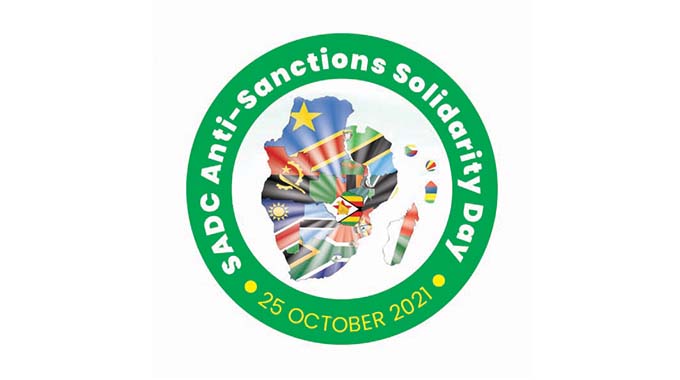
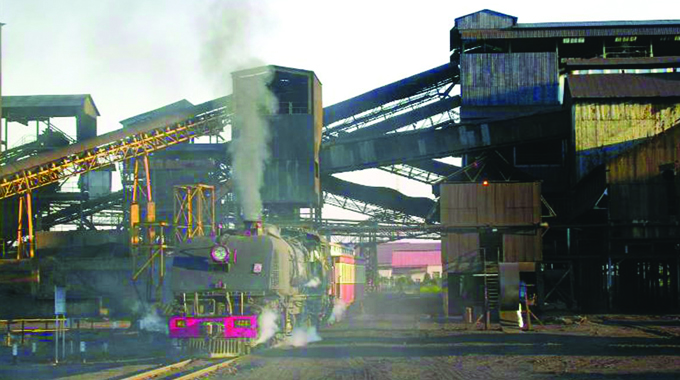


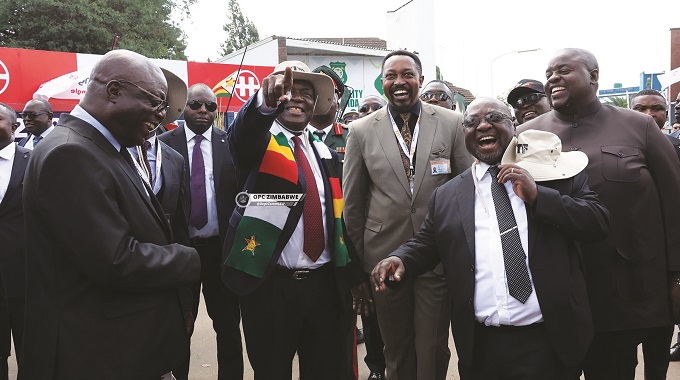




Comments